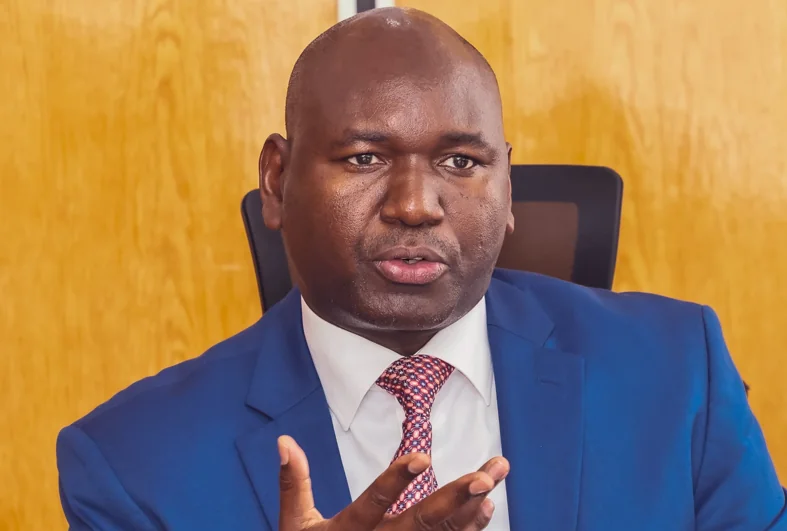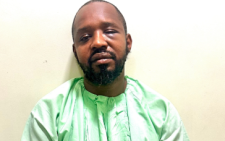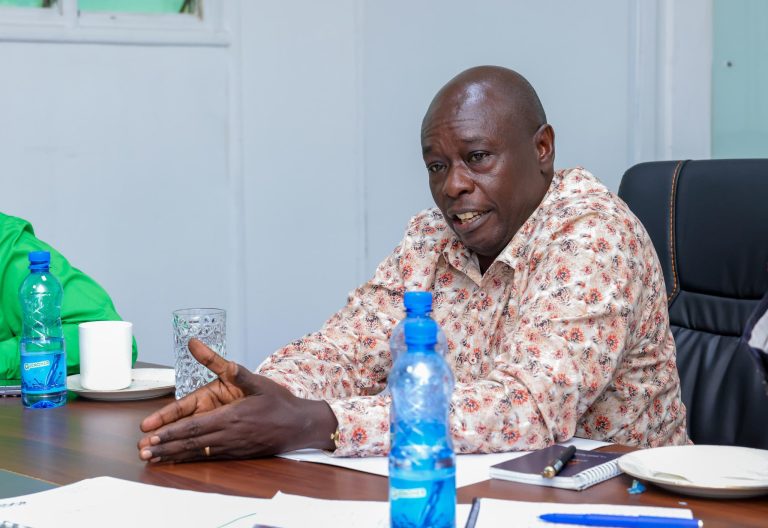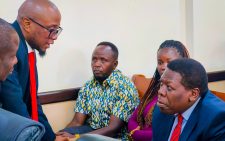How Kenyans traded kidneys for motorbikes
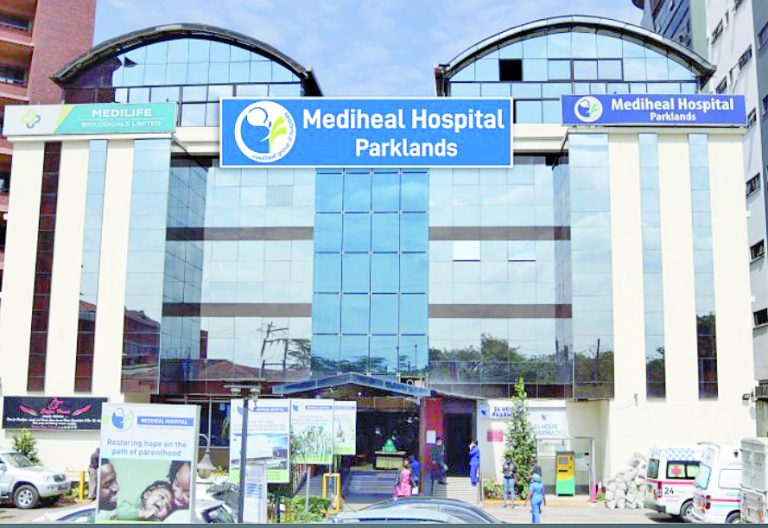
Gullible Kenyans were duped into trading their vital organs, including kidneys, for a paltry Sh130,000 and a motorbike in a racket that was allegedly aided by top Health ministry officials, a report reveals.
Vulnerable individuals were targeted through deception, coercion or promises of financial gain. Sometimes, victims were abducted or misled about the nature of the medical procedure.
Victims were transported to locations where the illegal surgeries took place, including crossing international borders, often with forged documents.
“The organs are surgically removed, typically in unsanitary and unsafe conditions. This can be done without the victim’s consent or under false pretences,” says the report from the Kenya Renal Association.
Documents from the group indicate vulnerable Kenyans were paid Sh129,420 ($1,000) and given a motorbike to donate their organs, while middlemen or brokers pocketed up to Sh29.5 million (200,000 euros).
The report shows top officials at Afya House and various State agencies under the Ministry of Health turned a blind eye to several red flags raised over human organ trafficking and suspicious kidney transplants as far back as 2021.
Local and international doctors’ professional associations and lobby groups unsuccessfully raised the issue with the Ministry of Health and various medical regulatory bodies over the unethical practice.
Besides Mediheal, which the government has closed, several facilities were also implicated in the illicit trade that has left several poor Kenyans duped into selling their organs, fighting life-threatening consequences.
Sources intimate that some officials at Afya House and at various regulatory bodies may have been on monthly retainer fees to look the other way as the illicit trade boomeranged.
Unlicensed facilities
How unlicensed facilities managed to remain operational for years, with foreign doctors without licences to practise in Kenya undertaking the transplants, is one subject of investigation.
Claims of collusion between some ministry officials and the perpetrators of the black-market organ transplants came to light when some unscrupulous officials of the Kenya Blood Transfusion and Transplant Services (KBTTS) and Aftya House bosses allegedly manipulated a report from the team that investigated irregular activities at Mediheal to exonerate it.
Instead of including the damning findings on the facility that could have led to its immediate closure, the final report simply stated: “For verification of voluntary organ donation, there is a need to trace actual donors and recipients by the investigative authorities. This will provide crucial information with regard to the allegations of trafficking and organised trafficking syndicate.”
The process involves patients travelling to Kenya or to other countries to undergo transplants from donors whom they do not know.
“The entire process is driven by financial gain for the traffickers, often leaving victims without proper medical care and in poor health,” the report observes.
“This illegal trade is a violation of human rights and poses significant ethical and medical risks. Efforts to combat organ trafficking involve international cooperation, stricter regulations, and raising awareness about the issue.”
The Kenya Renal Association (KRA) first raised the issue in 2021 following the death of a Zimbabwean national after a kidney transplant in July that year at a facility in Kisii that had not been licensed.
KRA chairman John Ngigi, a nephrologist at Kenyatta National Hospital, had raised the issue with the Kenya Medical Practitioners and Dentists Council (KMPDC) in letters dated August 5, 2021, December 2021 and January 10, 2022, that were all ignored.
All the correspondence was copied to the then Health Cabinet Secretary and the Principal Secretary, the Kenya Medical Association, and top officials at Afya House.
In a January 5, 2022, letter to KMPDC chief executive Daniel Yumbya, Ngigi stated that the transplant was done in an unauthorised hospital in Kisii.
Both the donor and recipient were from Zimbabwe, and there were no nephrologists on board at the time to supervise the transplant.
The transplant failed, and the patient was put back on haemodialysis and the patient later died.
“We would really appreciate it if you could take up these matters seriously so as to prevent these issues escalating and reaching international levels,” Ngigi had warned.
Soliciting donors
In the same correspondence, Ngigi warned that the Kisii-based hospital had been soliciting donors at a cost, in total contravention of the Kenya Health Act 2017.
About three weeks later, in another letter dated January 23, 2022, Ngigi said the Zimbabwean 23-year-old patient, Malama Mulema, had been admitted to the hospital together with the intended donor Zandiwa Mwale, also 23, in July 2021.
“Kindly take up this matter with an object of improving organ transplantation in Kenya and also prevent such issues breaching international organ transplant regulations,” he once again warned.
In another letter dated June 21, 2022, to Dr Eva Njenga, who had replaced Yumbya at the KMPDC, and copied to senior officials at Afya House, Ngigi says KRA was aware of underhanded dealings involving the Mediheal Group of Hospitals to take advantage of vulnerable members of society to sell their kidneys.
